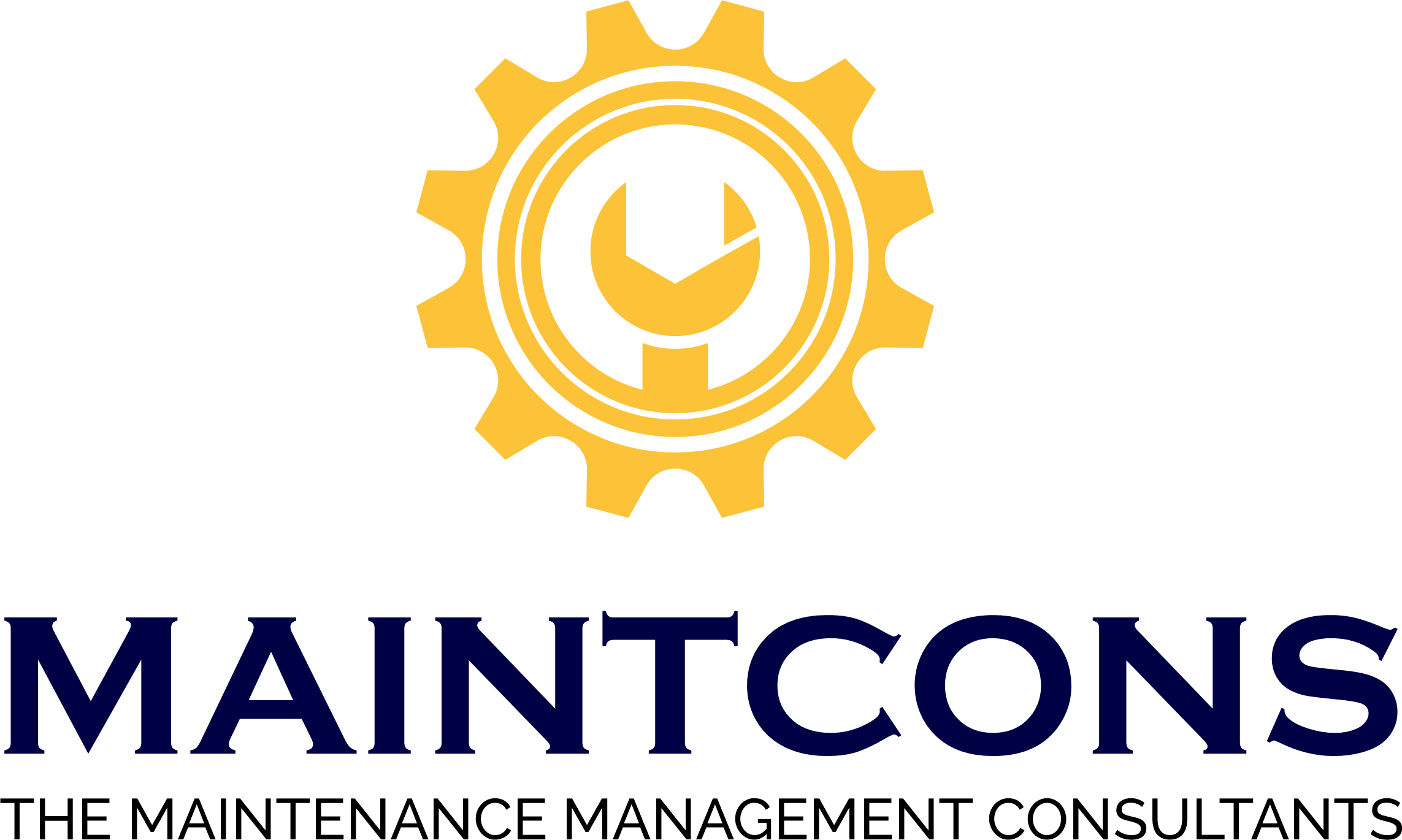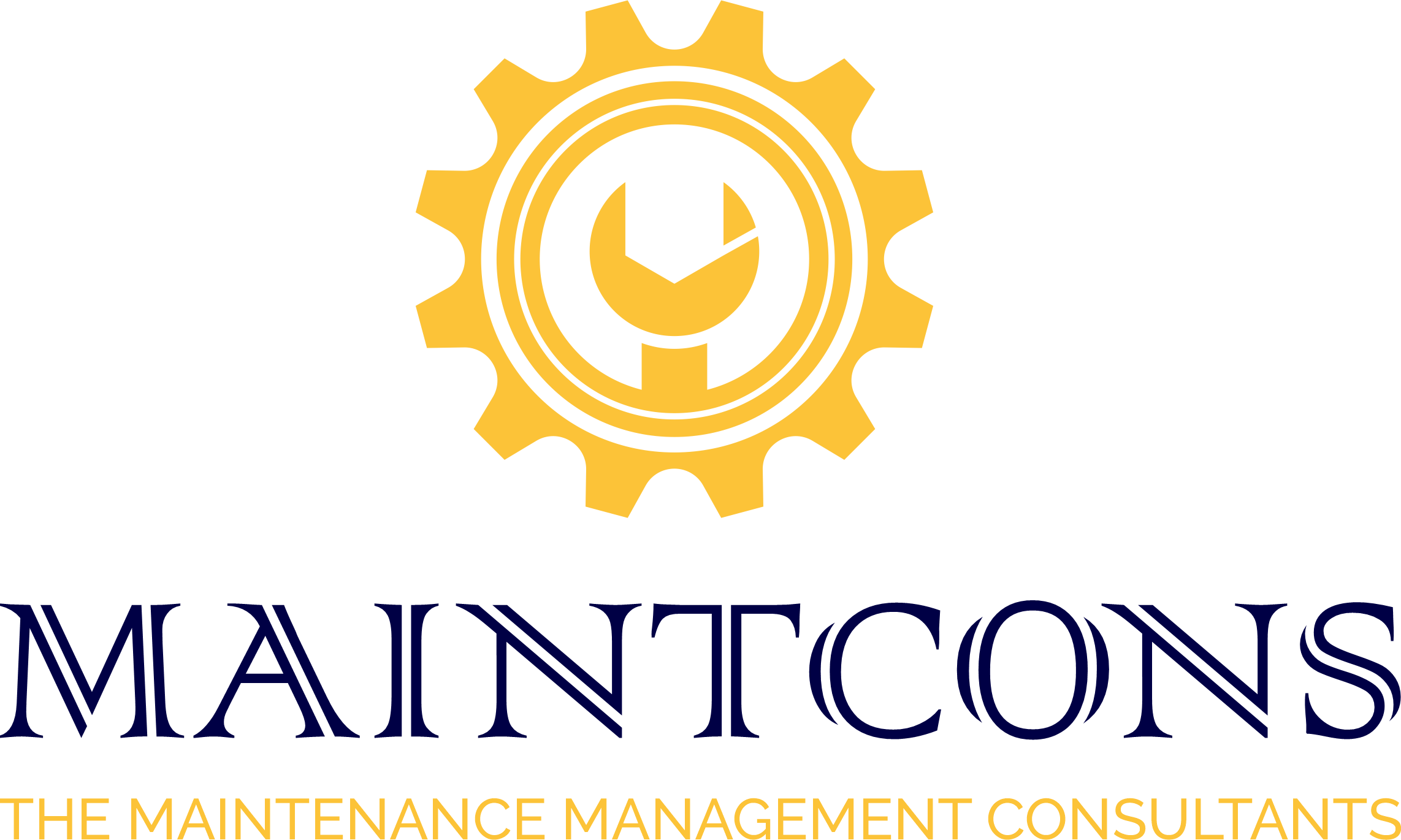Strategic Role of Operations in Maintenance Planning and Scheduling
This blog is in continuation of my write-ups on Maintenance Planning and Scheduling (MPS) based on my practical experience while conducting assessments, projects and training programs on subject matter in multiple plants across countries.
This article covers the importance and critical role of operations department in an effective MPS process.
It is a common belief that MPS is purely a maintenance function and even the name MPS implies so. However, a deep dive into the subject would clearly show that the operations are equally responsible and play important role at every step in the process. Hence close coordination, cooperation and synchronisation of activities between maintenance and operations is a must to make MPS effective. Hence it is not uncommon to see MPS initiatives often failing or not given desired results in the absence of a buy-in from operations department across organizations.
Here is an analysis of role of operations in world-class work management processes and existing work management processes across companies.
Work Identification:- Timely identification of defects helps arrest of possible equipment failures and emergencies. Hence people across departments are encouraged to identify and report defects in companies focussed on creating a reliability culture. However, work identification and notifications generations is often restricted to operations and a limited functions in maintenance department in many companies, especially in those operating in a reactive maintenance work culture. Nevertheless, regardless the process followed, it is invariably the operations personnel who identify majority/ almost all the defects in any company.
It is normally the Gate keeper (Maintenance Coordinator from the Operations department) who accepts/rejects the work requests. This activity is undertaken in a group decision between operations and maintenance in some organisations. Some companies also have maintenance planner handling this activity in consultation with operations.
Work Prioritisation– It is the gate keeper who assigns priorities to the jobs identified in most of the companies. The prioritisation process is automated in CMMS in certain companies. Some companies also follow a joint prioritisation process within maintenance and operations especially those that do not have a separate maintenance coordinator function. A few also have planners assigning the priority. It is also the operations leadership who confirm priority in case of disputes especially in case of emergency jobs. This practice is normally followed in companies where the prioritisation is not fully automated on a rigid risk matrix in the CMMS.
Work Planning– Though the planner is responsible for planning, a good plan cannot materialise without inputs from Operations.
Scheduling– The sphere of activities involved is much to do with operations than maintenance. The job involves close coordination and continuous interaction with operations all the time. Hence normally a maintenance person with prior experience in operations is a good fit for the role of a scheduler.
Lookahead Planning and Scheduling– Operations play a critical role in this process starting from walk-downs, developing the preliminary schedule till freezing the weekly schedule, be the lookahead window be 6 weeks or 5 weeks or even lesser.
The Maintenance Coordinator is an essential member of the walk-down process team. He supports the planner in
- Confirming the corrective work requirements
- Deleting work that is no longer required
- Identifying additional work and assigning priority
- Verifying inspection findings and condition monitoring reports
- Preparing the preliminary work list
Selection of jobs for the preliminary schedule is automated in many companies. Nevertheless , inputs from the operations are taken, jobs added/deleted and the preliminary schedule modified accordingly. As for the companies not having such an automated set-up in CMMS, it is the scheduler ( planner where scheduler function doesn’t exist) who prepares the preliminary schedule manually by taking inputs from operations.
The scheduler also modifies the schedule wherever required every week in coordination with operations till it is locked in the weekly planning and scheduling meeting.
Once the schedule is locked, it is the operations head who owns and protects the schedule which promotes higher schedule compliance.
Work Execution :- Operations team ensures that the equipment is handed over to the maintenance department in time as per the schedule, requests adjustments to schedule to accommodate emergency and urgent work, provides all the required support during work execution , certifies the job to be completed as required and closes the work permits.
Operations also play an important role in schedule breakers analysis, performing RCAs and reviewing KPIs post work execution.
Conclusion :-Operations need to bear in mind that an effective MPS process not only ensures higher equipment availability and better control over work but also results in improved coordination and reduces conflicts with maintenance department. Hence all the stakeholders should be proactive and carry out his/her role and responsibilities diligently to get desired results.
Write to us at info@maintcons.in for your training needs and assistance in implementing / improving the MPS practices at your sites.



Leave a Reply